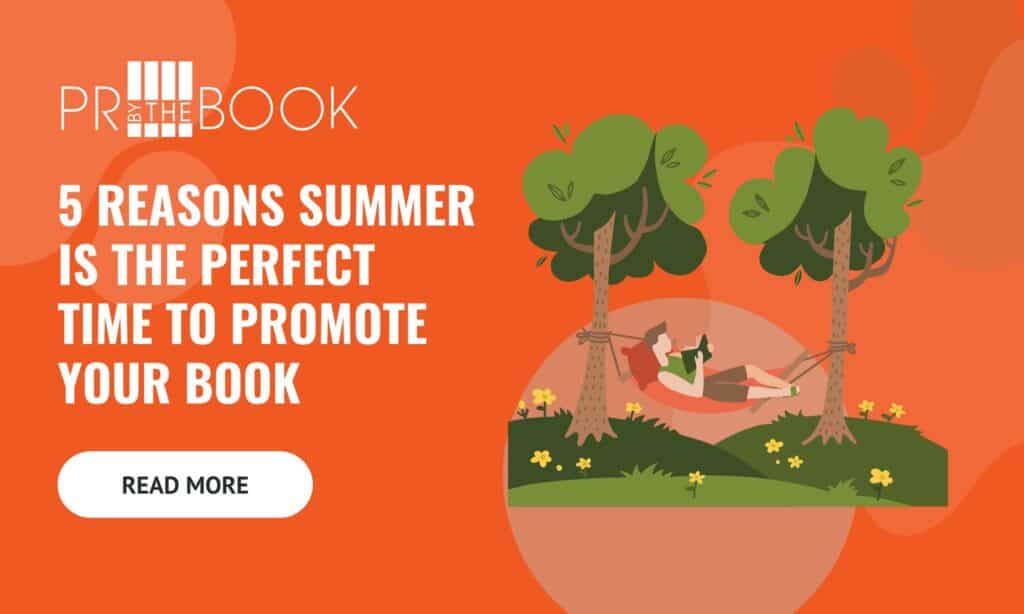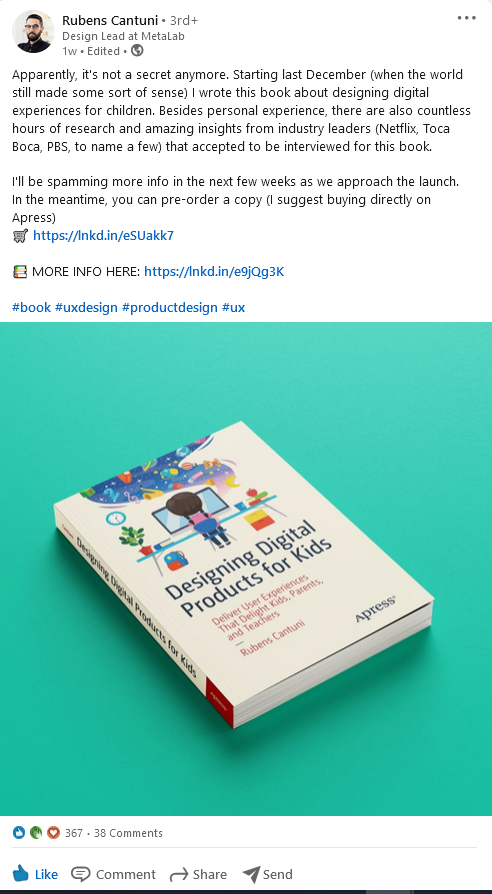5 Tips to Leverage LinkedIn for Authors

Discover how authors can harness LinkedIn to amplify their voice and promote their books effectively. Learn essential tips now!
Leveraging thought leadership on social media is key for every author when building their audience and promoting their book. LinkedIn is one of the most powerful tools for authors to build a professional network in which to share their expertise. Here are some tips to help you begin to build a presence on LinkedIn.
1. Engage Your Audience
To build interest in your work as an author, there are many ways to engage your audience. The five main types of posts are: blog posts, curated content, native video, text-only posts, and photos/graphics. You can use all these to your advantage by sharing updates on your book writing process, when your next book is coming out, elaborating on key excerpts from your book, or sharing your thoughts on articles you read (or wrote). What’s important is that you open up the floor to conversation with other people on the platform by leveraging engagement with interesting posts. Use your expertise on a topic to provide value, build intrigue, and give valuable insight.
Let’s take a look at this example: It tells a story (why he wrote the book, when it’s releasing, and it provides a call to action to pre-order the book). It also leaves the conversation open to the reader by mentioning that future posts should be expected. Remember: your audience is looking to you to provide them with value. Your value as an author is your expertise and ability to tell a story.
2. Post Consistently
According to HubSpot, posting on LinkedIn 2-5 per week is optimal. You don’t want to overwhelm your audience with too many posts. And make sure everything you post has a high production quality and is relevant to your audience. Ultimately, you want to use social media to build a large content library to help sell any future projects you’re working on. Quality is key. Think of your posts as evergreen content that are relevant and prove to your audience that your perspective and expertise is valuable to them. If you are able to create consistent, engaging content over a long period of time, you will be able to build your audience, slowly.
The more quality content you have, the better chance you have to attract a larger audience.
3. Make Use of Analytics
Analytics such as the number of likes, comments, and people reached are all important metrics to determine what posts are the most engaging and what your audience likes the most. You can track natively on LinkedIn or through tools such as Hootsuite and Smarterqueue, to see what is moving the needle in terms of engagement. Having a long-term look on posts that have done well goes a long way in informing your decisions moving forward.
*All these analytics can be seen on your profile page under the activity section*
Profile > Activity > See all > Posts
4. Make Use of Hashtags
On LinkedIn, you can use hashtags in your posts to increase the chance people will see what you post. Use them to categorize your content and attract people through hashtag topics they are interested in. Additionally, you can follow hashtags and see conversations based on those topics. Engage with those posts. They are useful to gain the attention of people who aren’t following you yet. Examples of hashtags that do well depend on the number of followers of the hashtag and its relevance to your post. If you’re an author, using #author, #book, #writing, are all no brainers. Do some investigation by following these hashtags and see what other people are doing and the levels of engagement they’re getting.
5. Connect Constantly
Lastly, use LinkedIn as a means to communicate with peers you admire, companies you work with, and companies that you want to notice you. The larger your network, the greater the likelihood your posts will get meaningful engagement.
On LinkedIn, add a personal note when attempting to connect with someone; which gives you a chance to authentically express why connecting would be valuable to them. For example, if you’re an author, there are tangible reasons why you’d want to connect with a book reviewer.
Check to see if you have similar interests, work history, or you can even use LinkedIn’s Alumni Tool to see people who’ve attended the same university as you.
LinkedIn is a professional social network. Use it to your advantage to increase engagement, expand your network, and provide value through your expertise.
We believe authors have the ability to become an influencer on LinkedIn. We’ve linked additional resources/articles down below if you’re looking for additional guidance to help you on your journey.
Looking for more LinkedIn tips? Check out:
WANT MORE?
Kimberly Sneed

5 Reasons Summer is the Perfect Time to Promote Your Book
Discover why summer is ideal for book promotion! From reading roundups to vacation reads, here are 5 reasons to showcase your book during the sunny season.

The Essential Father’s Day Book Gift Guide
Looking for gift ideas for the big guy? Check out our diverse Father’s Day Book Gift Guide–perfect for dads who love gripping novels, inspirational memoirs, or practical guidebooks. Find the ideal read!

Making the Most of Your Goodreads Author Program Profile
Discover how joining and optimizing your Goodreads Author Program profile can boost your book’s visibility, engage readers, and enhance your author platform.




